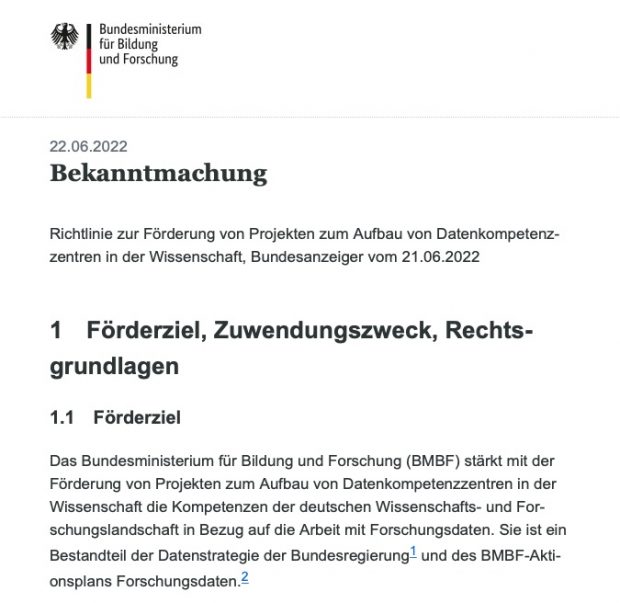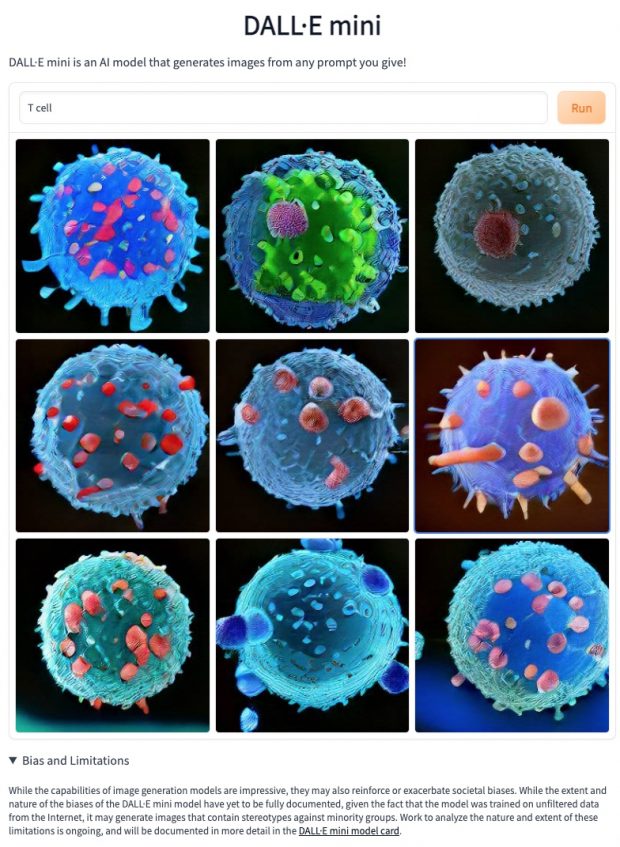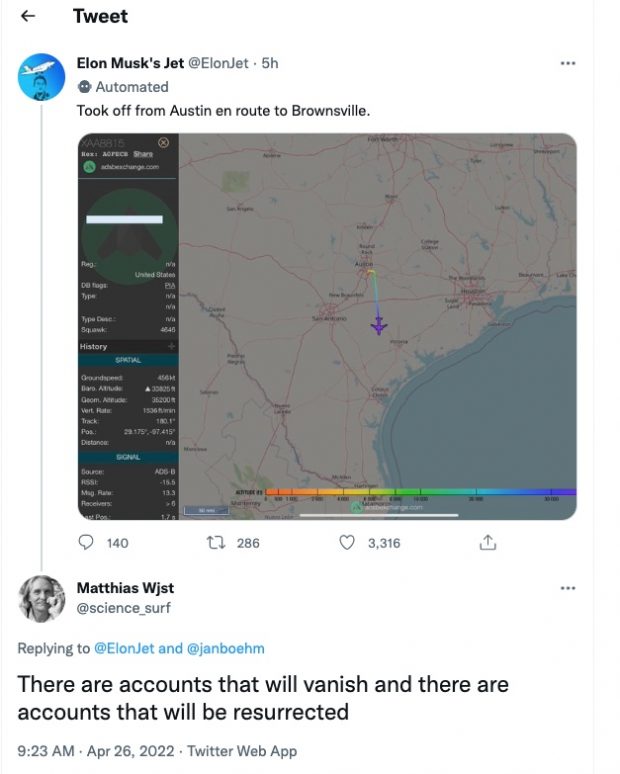Wikipedia zu Hausberufung / internal appointment
Unter einer Hausberufung versteht man die Berufung eines Hochschulbediensteten zum Professor an derselben Hochschule bzw. Universität, an der er bislang fest beschäftigt ist. In der Deutschen Demokratischen Republik (DDR) war die Hausberufung eine übliche Vorgehensweise.In der Bundesrepublik Deutschland besteht hingegen landläufig ein sogenanntes Hausberufungsverbot … Ziel der Beschränkungen ist es, eine ungebührliche „wissenschaftliche Ämterpatronage“, Nepotismus oder unlautere Bevorzugung aufgrund persönlicher Beziehungen bei der Besetzung akademischer Stellen zu verhindern.
Viele oder wenig Hausberufungen machen also den Unterschied zwischen einem demokratischen und einem diktatorischen System aus.


